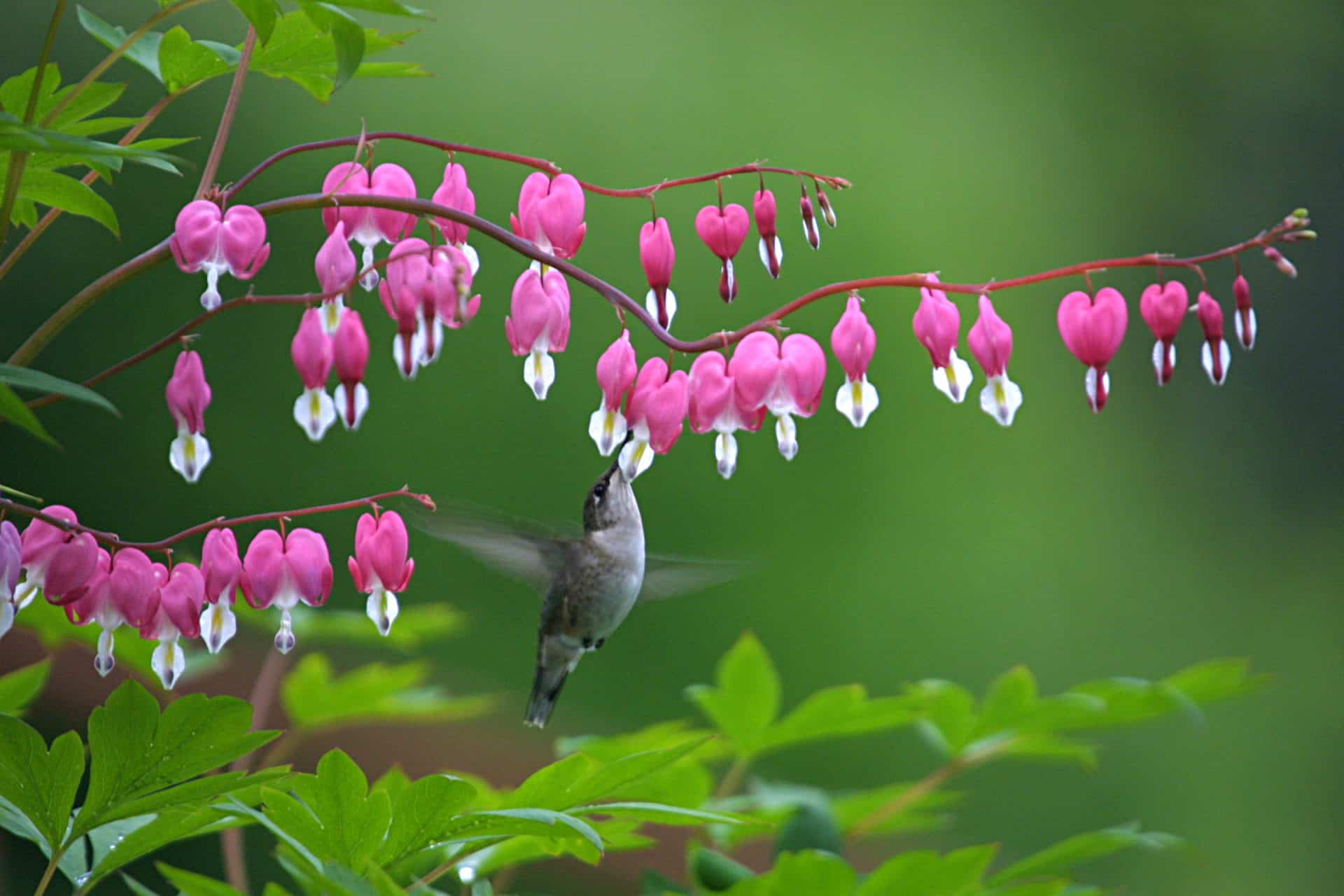
Clara Garcias
Mindful Communication by The Flourishing Circle
In this post, we will explore the principles that are necessary to acquire the skill of mindful communication and incorporate it as a standalone practice in our daily lives.

“Open Hearts see love everywhere” Khalil Gibran
In the hectic times we live now, it is difficult to find space, time and focus to communicate with the ones we love.
Mindful communication isn’t only about words, kindness and passing on a message in a non-violent form, there is much more to it!
When we communicate mindfully, communication is a practice by itself. We speak and listen not only with our neuro-linguistic dimension (mouth, ears and mind) but with and from our full being.
When practicing mindful active communication, we keep our mind free of judgement and intent to stay silent internally to give space to listen without internal dialogues or agendas before our response.
This practice involves nurturing, developing and enhancing the art of being present. That itself, allows us to cultivate deeper connections.
In this post, we will explore together the principles required to acquire mindful communication in our daily life as a practice by itself.
The ground where this practice stands from becomes fertile when we water the seeds of authenticity, self-awareness, environmental awareness and will for empathy. Traditionally we call that “opening our heart” or acting genuinely.
Kabat Zinn (1944), professor emeritus of medicine, a pioneer in introducing mindfulness and proving that mindfulness can also be applied to cope with stress, anxiety and illness in the medical field, speaks often of the seven attitudes of mindfulness, also fundamental when we are willing to communicate in mindfulness.
- Non judgement: Non judging is a quality that requires self- observation and having an impartial witnessing our own experience and the experience of the other, letting go assumptions and asking questions to understand the other person without presuppositions or untold assumptions is an active part of the practice.
- Patience: is a form of wisdom that shows that we understand that things unfold in their own time, in communication we wait for the other person to finish his/her explanation and insight before we come up with our own view.
- Beginner’s Mind: When we are curious and open, we become receptive to new inputs, ideas and perceptions allowing new possibilities. Mindful communication requires having the curiosity of the child and be willing to learn.
- Trust: First by trusting yourself and your emotions and giving the benefit of the doubt to the person, communicating as we create a safe environment for the exchange. Sharing, understanding that we all make mistakes and there are no wrong answers in sharing.
- Non-Striving & Letting Go: being in the present moment without willing or intending for the conversation or the person to be, do or say anything else than what happens in the present moment. With no will to take over, manipulate or enter into psychological power games.
- Acceptance: Will to see things the way they are, understanding we don’t need to change anyone but accept first what the other can offer in our connection and interaction.
- Gratitude: Positive attitude towards the opportunity of exchange and be able to communicate, learning new insights.
Without a foundation of empathy and sympathy, we would not be able to engage in a mindful communication.
It requires awareness of:
- Feeling heard
- Your own needs and the need of the other person
- Validating the emotions from others
- The effort to appreciate the circumstances of others
- The capacity to hold space for others
- Honesty and genuine deep listening
Mindful communication isn’t a goal to accomplish, is a journey that gets strengthen by walking through the practice composed of authenticity and vulnerability, as both allows us to deepen the connection.
In short, mindful communication is a transformative practice that not only enriches our interactions with others but allow us to befriend ourselves and our internal dialogues and inner voices nurturing self-compassion and loving care.
We have the power to create a transformative healing environment to be and be-come. Are you willing to be part of this shift?

